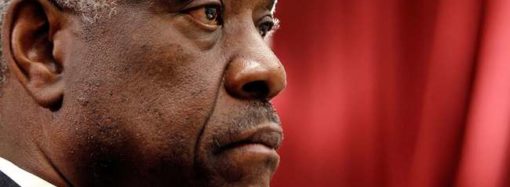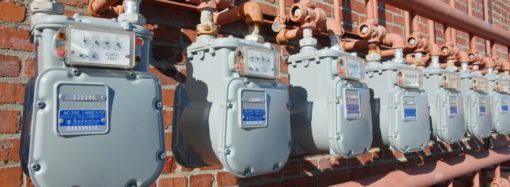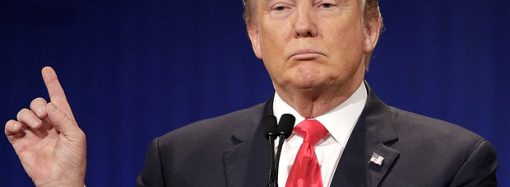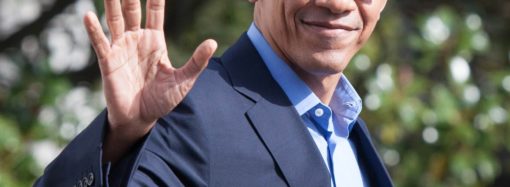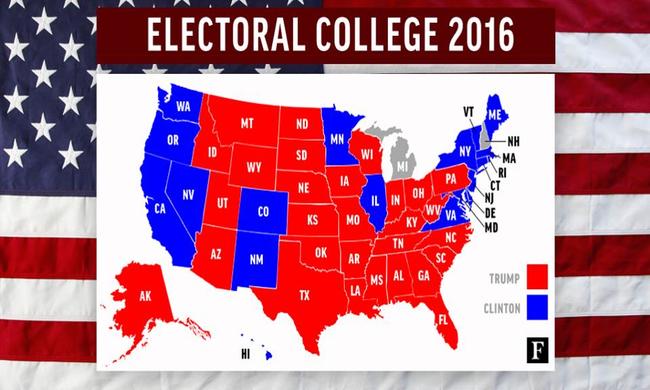The first installment in this series addressed the problems the framers faced in devising a system of presidential selection. The second explains that system, as modified by the Twelfth Amendment.
This installment addresses how the Electoral College fits in the wider constitutional context.
The word “college” does not appear in the Constitution, which refers only to “electors.” Moreover, in this context “college” has nothing to do with higher education. Like many 18th century English language usages, it was based on Latin: The Latin word collegium means a club or guild. Similar usages appeared in the “electoral colleges” of the Holy Roman Empire, which still existed at the time of the American Founding, and today in the “college of cardinals,” which elects the pope.
Yet this particular club or guild never meets in one place. The framers were concerned about the possibility of a large assembly being corrupted or stampeded. The electors therefore cast their ballots in their respective states.
The Electoral College is not part of the U.S. government, nor are the electors government officials. For this reason, Congress should have no power to make laws governing presidential electors, other than fixing uniform days for their election and their balloting.
The Necessary and Proper Clause—a provision often cited as justifying expansive congressional scope—recognizes in Congress authority to “make all Laws which shall be necessary and proper” but only for either “carrying into Execution” (1) “the foregoing Powers” or (2) “all other Powers vested by this Constitution in the Government of the United States or in any Department or Officer thereof.” The first subclause doesn’t apply because the “foregoing Powers” are those listed in Article I, Section 8, none of which pertain to the Electoral College. The second doesn’t apply because the Electoral College is not part of the government nor are electors federal officers.
The Constitution is clear that it is the states, not the federal government, that determines the rules for the electors. That having been said, electors probably shouldn’t be classified as state officials, either.
Thus, the Constitution delegates roles in presidential election to the states, to state legislatures, and to an independent body. This is one of several instances in which the Constitution bestows important powers and duties—the Supreme Court calls them “federal functions”—on people and groups not part of the federal government. These special functions are delegated to legislatures, conventions, and officials by the people directly through Constitution. To the extent the states execute them, they do so through the Constitution as agents of the people, not by virtue of powers reserved by the Tenth Amendment.
The framers sought to balance in the Constitution “foederal” (confederal) factors with “national” (popular) factors. The best known example is that the House of Representatives is allocated roughly by population, but the Senate by states. That motif appears again and again throughout the Constitution.
It also appears in the way we elect the president. The number of electors for each state is a blend of state population and state equality, although leaning toward population (national). Choice of the electors is by states (federal). But run off elections are in the House of Representatives (national). However, the voting there is by states (federal). The requirement of a majority of all states (not just those present) ensures the president enjoys widespread popular support (national). And so forth.
The framers did not invent indirect election. It had been around for a long time. Here are three illustrations from the Anglo-American tradition:
* In England, eligible citizens elected Members of the British Parliament directly, but this was not true in Scotland. Instead, citizens and local counsels elected by citizens chose “commissioners” for each parliamentary district. These commissioners then elected the Scottish Members of Parliament.
* Under the 1776 constitution of Maryland, the state senate was elected by electors chosen by the people.
* At the time the Constitution was written, in most states the chief executive (state governor or president) was selected not by the voters but by the legislature. Only in New York and Massachusetts did the people elect the governor directly.
Next Time: How independent are the presidential electors?

